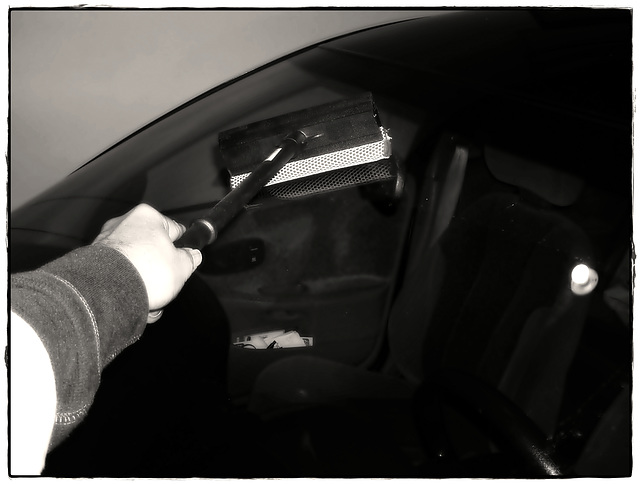When is piece of matter said to be alive?
Language
Abandoning the Concept of Free Will
Song Bird
Knock knock
A computer simulation of a network of cosmic strin…
The Crisis of Print
From King to supplicant
This is you talking
Internet map 1024.jpg Wikipedia
LEVIATHAN
Fossil of Language
Cognitive study of Autumn colors
Memories
Thus spake Aristotle
Lesson from Locksmith
Keeping Memories
Language
Cipher as a Code & a Zero
Social to the core
Mothers of Invention
The Elephant in the Boa Constrictor
Black Swan & David Hume!!
Fig.8-6. Apologies by political & religious leader…
Arthur Schopenhauer
J.Krishnamurthi & physicist David Bohm ~ 1984
Eratosthenes' Geodesy
"The Mystery of Consciousness"
Karl Marx
Thomas Hobbes 1588-1679
Arthur Schopenhauer
Words
Future of PC
Danate Alighieri
DASA
Giordani Bruno
Einstein
Bindu
Top: Islamic decoration - Badra Azerbaijan Bottom…
The observed clustering of about a million galaxie…
Some numerological flights of fancy inolving the n…
See also...
Keywords
Authorizations, license
-
Visible by: Everyone -
All rights reserved
-
289 visits
- Keyboard shortcuts:
Jump to top
RSS feed- Latest comments - Subscribe to the comment feeds of this photo
- ipernity © 2007-2024
- Help & Contact
|
Club news
|
About ipernity
|
History |
ipernity Club & Prices |
Guide of good conduct
Donate | Group guidelines | Privacy policy | Terms of use | Statutes | In memoria -
Facebook
Twitter



Hume owned a house in Edinburgh. He rented it to his friend James Boswell, who in turn sublet it to a subtenant. The subtenant decided that the house needed some repairs. He hired a contractor to do the work, without consulting Hume. The contractor made the repairs and sent the bill to Hume. Hume refused to pay on the grounds that he hadn’t consented. He hadn’t hired the contractor. The case went to court. The contractor acknowledged that Hume hadn’t consented. But the house needed the repairs, and he performed them.
Hume thought this a bad argument. The contractor’s claim was simply “that the work was necessary to be done,” Hume told the court. But this is “no good answer, because by the same rule he may go through every house in Edinburgh, and do what he thinks proper to be done, without the landlord’s consent…and give the same reason for what he did, that the work was necessary and the house was the better of it.” But this, Hume maintained, was “a doctrine quite new and…altogether untenable.”
When it came to his house repairs, Hume didn’t like a purely benefit based theory of obligation. But his defense failed, and the court ordered him to pay.
The idea that an obligation to repay a benefit can arise without consent is morally plausible in the case of Hume’s house. But it can easily slide into high-pressure sales tactics and other abuses. In the 1980s and early “90s, “squeegee men” became an intimidating presence on New York city streets. Equipped with a squeegee and a bucket of water, they would descend upon a car stopped at red light, wash the window-shield (often without asking the driver’s permission,), and then ask for payment. They operated on the benefit-based theory of obligation invoked by Hume’s contractor. But the absence of cnsent, the line between performing a service and panhandling often blurred. Mayor Rudolph Giuliani decided to crack down on the squeegee men and order the police to arrest them. ~ Page 147
Sign-in to write a comment.